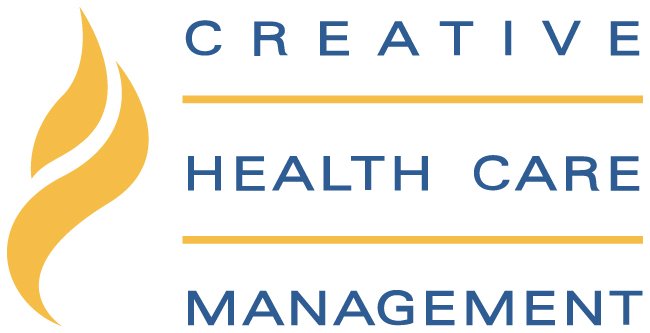What is the History of Nursing?
The history of nursing is a long and complex one. It has been a profession that has been around for centuries. With the first mention of nursing being in the Bible, it is clear that there was some form of professional nursing before hospitals were even invented.
A trained nurse has always been important to society, but their roles have changed drastically over time. In addition to caring for patients, modern nursing now involves more administrative tasks and nurses need to be more knowledgeable about medical procedures than in the past.
Nursing education developments in the 1980s, 90s, and early 2000s largely focused on the creation of new graduate programs targeted at advanced practice nursing and nurse practitioners. This effort was formalized with the Consensus Model for ARPN Regulation, which offered guidance to help states bring greater uniformity to advanced practice to registered nursing roles and better patient outcomes.
Nursing School
Nursing school is an undergraduate degree program that prepares students for careers in nursing. The curriculum includes courses in anatomy, physiology, pharmacology, microbiology, nutrition, and psychology.
In nursing schools students also learn about the legal and ethical aspects of nursing and receive supervised clinical experience in a variety of healthcare settings. Students also get supervised clinical experience in various healthcare settings.
Challenges for Nursing
The job conditions of nurses have always been a challenge. In early nursing professions, the private duty nurse worked for individual patients primarily at home. In addition, private nurses were able to travel with their patients in hospitals with a variety of medical services and they provided care to hospitalized individuals who had the ability to pay for their nursing care.
Now nurses work primarily in hospitals, health care facilities, and outpatient clinics. Nurses are facing challenges that are often overlooked. Nurses need to be able to keep up with the ever-changing world of healthcare and provide the best care for their patients. Nurses also need to be able to stay on top of research, new treatments, and new technologies in order to provide the best care possible for their patients.
Why does the Health Care System need a Registered Nurse?
Nurses are the backbone of the healthcare industry. They are responsible for providing patients with medical care, emotional support, and teaching them how to manage their health.
If you are in the nursing profession you also likely feel a responsibility to provide education and information to families and communities in order to prevent or limit the spread of disease. Nurses are highly skilled professionals who work in a variety of settings. They work closely with other healthcare providers in the medical profession, such as physicians, therapists, pharmacists and dietitians.
Nurses have an important role in caring for people who experience injury or illness during times of crises or disaster.
What are Nurse Practitioners?
Nurse practitioners are registered nurses in the nursing profession who have met the education and training requirements to provide primary health care services.
They work alongside doctors and other health care professionals, but they can also diagnose and treat patients without a doctor’s supervision. In some cases, nurse practitioners can prescribe medications.
What are Registered Nurses (RN)?
Registered nurses are healthcare professionals who have received special training and certification to provide basic medical care.
Registered nurses work in a variety of settings including hospitals, clinics, private practices, public health agencies, schools and other educational institutions, geriatric facilities and correctional facilities.
They are responsible for providing care to patients in a number of ways. One of the most important roles that registered nurses play is to educate patients about their conditions and how they can manage them on their own.
Registered nurses also help patients with daily activities such as getting out of bed or taking care of personal hygiene needs such as bathing or dressing themselves. Registered Nurses may also be involved in research related to nursing or specific disease control.
Nursing Education
Nursing education is a process of teaching students the skills and knowledge they need to be successful in the nursing profession. There are many different educational paths that provide nursing education including associate degree programs, bachelor’s degree programs, master’s degree programs and PhD programs.
The most common path for nurses who wish to earn a bachelor’s or master’s degree is through an associate program. These are two-year degrees that prepare students for their RN license and entry into the workforce.
They offer courses in anatomy, physiology, pharmacology, health assessment and other topics that are important for nurses to know. It is critical for hospitals and health care system to employ trained nurses who will strive to provide the best quality patient care.
How Has the Nursing Profession Changed?
Nursing has changed a lot over the years. It has evolved from a profession that was dominated by male nurses to one that is now dominated by female nurses. Nightingale, who started it all, successfully established nurse education programs in a number of British hospitals.
Nursing care in the past was based on treatments and medications. Now it is based on health education and preventive care, which is more cost-effective.
Changes in Nursing Education Over Time
Over time nurses training has radically changed due to its transformative nature. A comprehensive overview highlights significant changes for the nursing industry. In general, nursing has evolved from extending traditional care to more clinical practices.
Nurses in the nursing profession are currently required to have specialized qualifications and certifications in order to treat critically ill patients in primary care services. Long-term changes in nursing curricula are largely a response to an evolving awareness about how nursing is effective.
Who is Florence Nightingale?
Florence Nightingale is a nurse who is known for her pioneering work in the field of nursing and for her social reforms. Nightingale established are guidelines that the modern nursing practice follows to this day.
Nightingale is one of the most celebrated people in history. She was born on May 12, 1820 in a wealthy family that had strong connections with the British government.
She was given an excellent education and learned Latin, Greek, French, German and Italian as well as mathematics, geography and history.
She also learned how to play music and sing at an early age. In 1837 she became a pioneer of nursing by starting to train nurses during the Crimean War. In 1860 she published “Notes on Nursing” which became popular among nurses all over the world.
The First Nursing School
Nightingale worked hard to improve hygiene standards in a hospital setting for wounded soldiers by campaigning. This would drastically reduce the number of hospital deaths that result from infections.
In 1860 the nursing profession was further moved forward in London where the very first nursing school opened.
Many addition schools opened which gave new nurses an opportunity to receive appropriate education and training before starting to practice in the field. In the twentieth century the need for nurses increased, with the world wars, and many nurses were required to participate in more training.
What is Next for Nurses?
Changes in the health care field has also changed the path for those in nursing careers. Over the last two years, nurses have become better leaders in a range of fields. Despite these growing tasks, nurses remain a valuable resource in providing specialized care at an affordable price.
The Institute of Medicine (IOM) says that nurses are a key part of this new healthcare system. The need to continue learning must be met in all cases. The nursing future depends partly upon academic advancement and engagement. When you are a nurse and hold a bachelor’s degree, you can also pursue a master’s degree.
Celebrating Nurses during Nurses Week
National Nurses Week is a time to honor the contributions of nurses and recognize the important role they play in society. Many nurses go above and beyond to provide the best quality care to their patients.
Nurses week is an opportunity to honor the heroic work that nurses do every day. Nurses are heroes and they deserve to be celebrated.
There are many ways to celebrate nurses week, such as by thanking nurses, sending flowers, or even taking time to recognize the contributions of nurses in history.
Creative Health Care Management and Nurses Week
Creative Health Care Management offers nurses week inspirational presentations, small group dialogues, and virtual sessions that will reenergize your team.
We bring reality-based joy and healing that can be delivered in manners ranging from relaxing to humorous—whatever your team needs. Sessions can be delivered multiple times a day to support and honor more of your staff and boost morale.

National Nurses Week 2022
Nurses week begins Friday May 6 and ends Thursday May 12. The dates for national nurses week are always May 6 – 12, because May 12 was Florence Nightingale’s birthday. The first national nurses’ week occurred October 11-16, 1954, to celebrate the 100th anniversary of Florence Nightingale’s mission in the Crimea War.

Activities for Nurses Week
There are many ways to celebrate nurses week that encourage nurses to participate. Some nurses week activities include hosting a nurses night, a nurse bingo game, nurse Olympics, a community-oriented event, a special recognition program, free food during a lunch break, and having a bulletin board with cards to show nurses love.

Nurse Facts
Nurses are responsible for a variety of tasks, and they play a critical role in: Providing medical care and emotional support to patients, preparing equipment for procedures, administering medications, taking vital signs, assessing wounds, injuries, or illnesses, and educating patients about their condition.

Wellness for Nurses
The challenging conditions nurses face to improve health conditions globally can be exhausting and tiresome. These incredible challenges can cause fellow nurses to feel burnt out and overworked. It is important for nurses to practice self-care and think about their wellness.





